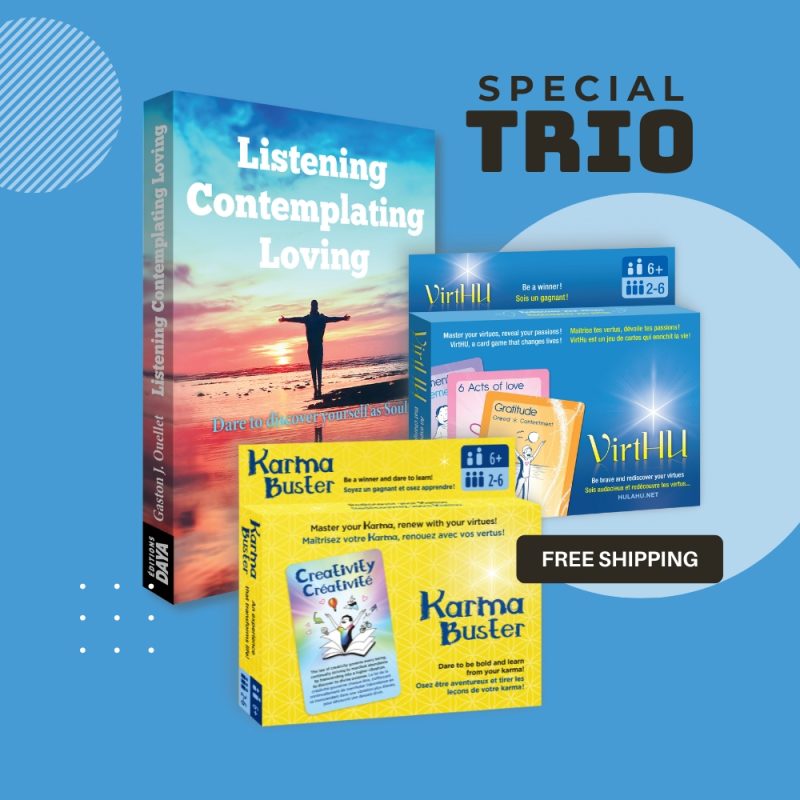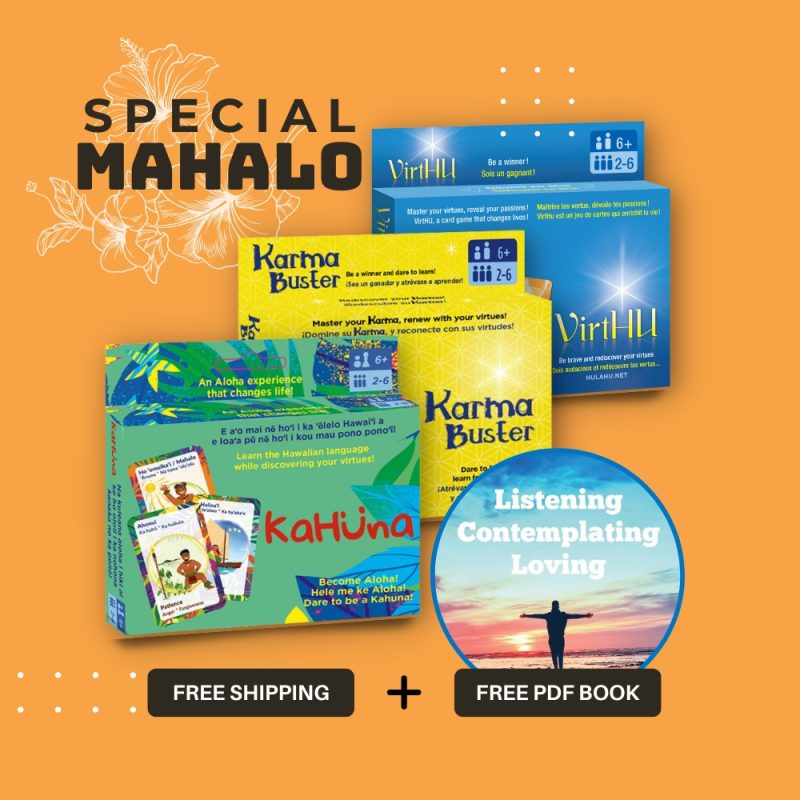Discipline leads to quality of life
Do you have a way of life that fits you well?
Discipline is a good habit to develop
Discipline is a good habit to develop.
Be careful, discipline should not be understood here as an imposition of norms, rules and behaviors. A beautiful discipline of life is a great respect for oneself and for others, an expression of love allowing us to accept what we can and cannot change.
It is to be responsible in life, to be proud of who we are and to discover that we can have fun in what we do. We are talking about discipline and self-discipline here.
Discipline is an art, the art of creating one’s life in harmony with others. And it is mainly thanks to love that we can achieve this mastery: love of others, of what we do, and of course self-love.
Education: introduce the discipline via a field of interest

What does he like?
Let’s propose all kinds of activities to the child and guide him towards the discovery of what he likes, which will give him the opportunity to know himself better, and to take responsibility: it’s easier to be disciplined by doing what he likes.

Nurturing his interest
Having found what he likes, as parents, we can nurture what interests him by providing tools, organization, and time so that he can devote himself to it. To give him the chance to experience a beautiful quality of life.

Discovering his world
By taking time to play with your child in his fields of interest, it gives him the opportunity to be proud of what he accomplishes by developing good habits related to what he likes to do, which is a form of self-discipline.
Discover the basic virtue and passion versus discipline
How to facilitate detachment?
Attachment: from fear to lack of confidence
Use our games to help children improve their discipline
A great gift for our children would be if, from an early age, they were able to develop a vocabulary related to Detachment and its counterpart, Attachment, which would lead them to Discipline.
For example, if a player draws the card of Discipline, you can ask participants to tell an event or story related to this virtue.
Playing VirtHU, Karma Buster or KaHUna is to better understand the sources of our sensitivities, to learn to know ourselves better and to develop our faith in life. And much more, one game at a time.
Reflection on discipline
Q: Pascale, what does discipline mean to you in relation to attachment and detachment?
A: A discipline of life is a loving approach that first focuses on the present and that gives importance to respect.
First of all, learn to respect yourself, learn to know yourself, know your limits. To become aware that in our life on earth, everything is lent to us just like in a play and therefore it is respectful not to appropriate anything, neither the objects, nor the people.
We are here to live experiences and evolve knowing that all the people we meet and the objects that stand in our way are all sources of learning, and do not belong to us. This also applies to the attachment of parents to children and vice versa.
Khalil Gibran wrote: “Your children are not your children. They are the sons and daughters of Life’s longing for itself… You may give them your love but not your thoughts, for they have their own thoughts. You may house their bodies but not their souls, for their souls dwell in the house of tomorrow…”









